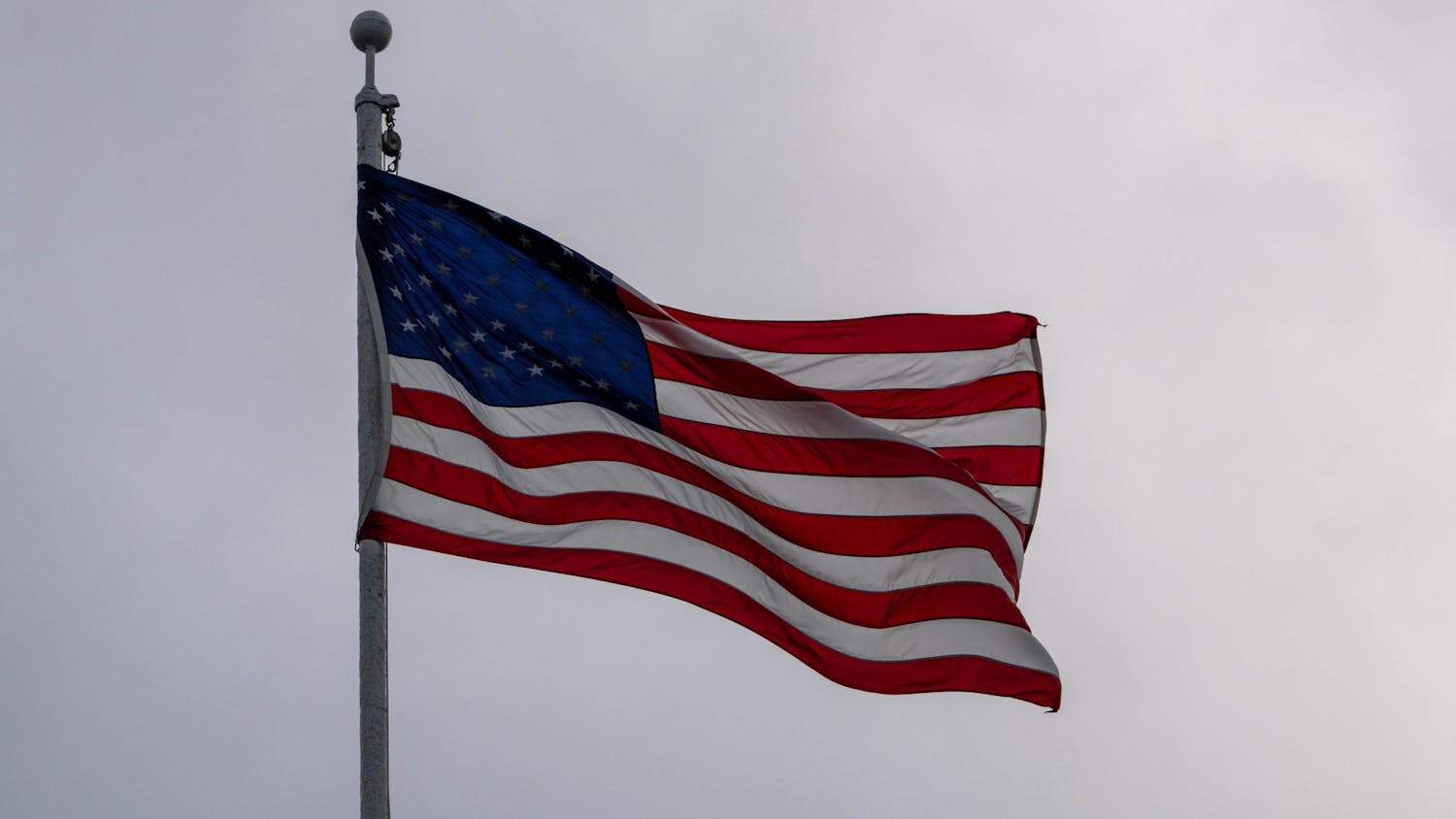Participation in Student Assembly doubled this year to 95, and the executive board expanded from seven to 15 members. This growth, along with two campus campaigns and smaller initiatives, like a debate on the D-Plan and dinner between student leaders and the Board of Trustees, mark highlights of the Assembly’s fall term.
A relaxation fair in Sarner Underground, co-sponsored by Dartmouth Cares and Active Minds, will cap the Assembly’s “I’m Here For You Campaign” on Thursday. The project, launched to lessen stigma associated with mental illness, comprised student panels and coordination with Dick’s House about depression-screening resources throughout the term, student body vice president Frank Cunningham ’16 said. The Assembly plans to continue with a social media campaign, he said.
The Assembly’s campaign against sexual assault included a student round table, where 60 student leaders discussed sexual violence on campus, and a pledge to combat sexual assault, which received over 100 signatures in one night, student body president Casey Dennis ’15.
The Assembly is producing an “It’s on Us” campaign video, similar to videos released by Stanford University and George Washington University. Dennis said that the video features the voices of student leaders to show that “there is no place on campus for sexual assault.”
Chief of staff Thomas Wang ’16 said that the Assembly received an above average number of applications this term.
Dennis said that despite general success, the Assembly has faced inevitable challenges such as managing members’ academic and curricular schedules along with the brevity of the 10-week term. Cunningham, Dennis and Wang typically spend around five hours is meetings on Sundays, according to Wang.
Cunningham said that the Assembly has also faced unanticipated “fires” this term, pointing to the “explosive” debate over the Greek system, which demanded a shift in the Assembly’s fall trajectory. He said the Assembly has met frequently with a spectrum of College leaders and students about the Greek system.
“On such significant issues, we need to make sure that we are representing the whole student body to the best of our abilities, no matter what your stance may be on the system,” Cunningham said.
The Assembly saw an $18,000 funding cut from last year and was granted $40,000 of the requested $70,500 from the Undergraduate Finance Committee earlier this year.
Treasurer Forrest Beck ’15 said the reduced budget has not changed the Assembly’s policy goals, but necessitated certain concessions, such as not fully catering events.
Beck said that the Assembly wanted to bring a guest speaker to discuss mental health in Greek organizations, but could not afford the speaker’s $4,000 fee.
To accommodate the reduction in finances, the Assembly has shifted to co-sponsoring events, collaborating with the athletic department and a number of student organziations, he said.
Programming chair Gabriella Grangard ’16 said the Assembly was able to fund and execute its main initiatives for this term, but that budget considerations prevented it from hosting more frequent smaller events. She said that she anticipates the budget will be a bigger issue in future terms.
Dennis said that the term’s smaller scale initiatives have included the continuation of the student-professor lunch programs that provides students with a $30 Molly’s voucher, securing online access to the New York Times for students and the establishment of a “Profiles in Excellence” seminar at the end of the term to highlight two outstanding faculty members.
In addition to campus campaigns and events, the Assembly organized a dinner between students and trustees and held weekly office hours, which Wang said more than 100 students attended throughout the term.
A number of students interviewed said they were unaware of the Assembly’s programming.
Didi Peng ’16 said that he had viewed Assembly posters and emails in passing, but did not follow their activities.
“With so much happening on campus, it is hard to grab a person’s attention for very long,” he said.
Ben Howard ’15 said that he did not immediately associate Student Assembly with the mental health and sexual assault awareness campaigns, calling it a largely “thankless job.”
Cunningham said that the Assembly will release a campus climate survey concerned with student opinions on the state of campus and the role of student government, but a date has yet to be set.
Dennis said that he hopes the survey will help inform the direction of the Assembly’s winter agenda.
“The mental health and sexual assault campaigns were our initiatives, but we need to make sure we are responding to what students want as well,” he said. “The efforts we put in don’t mean as much unless we get students to participate.”



